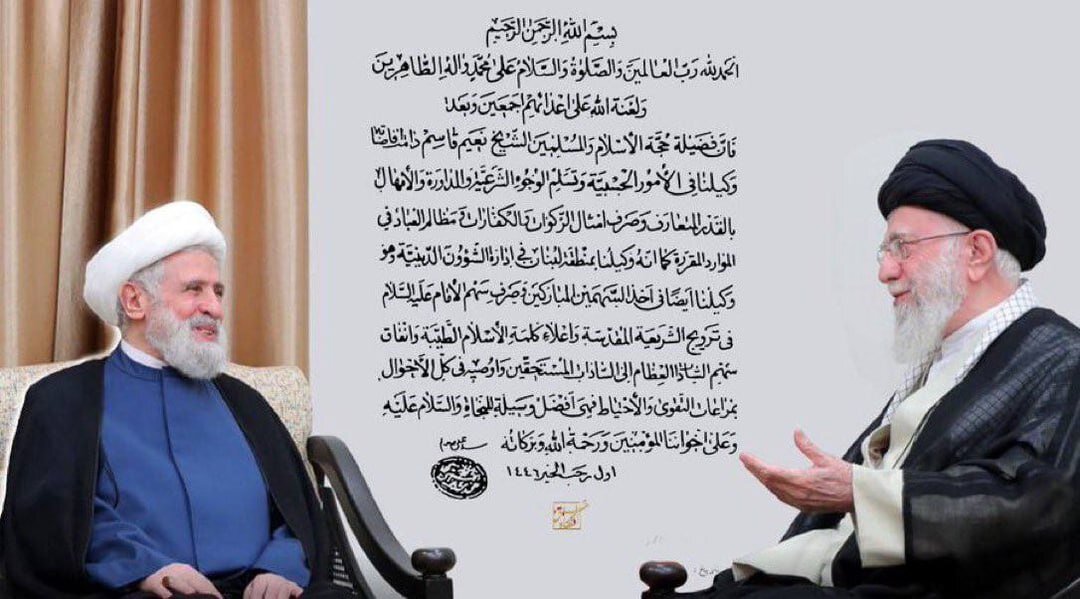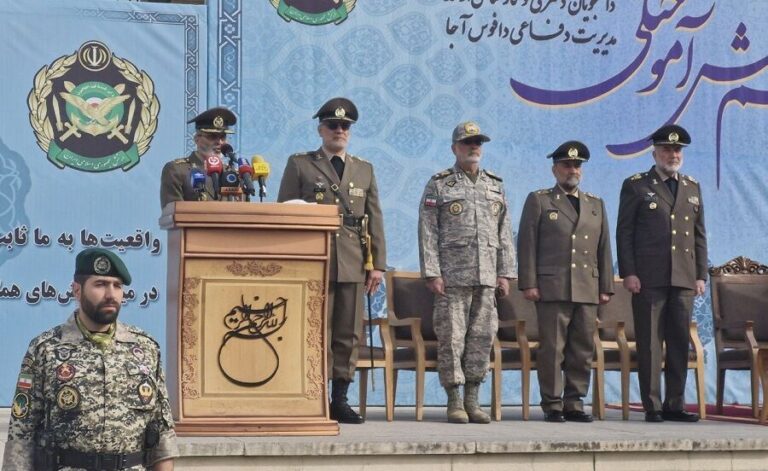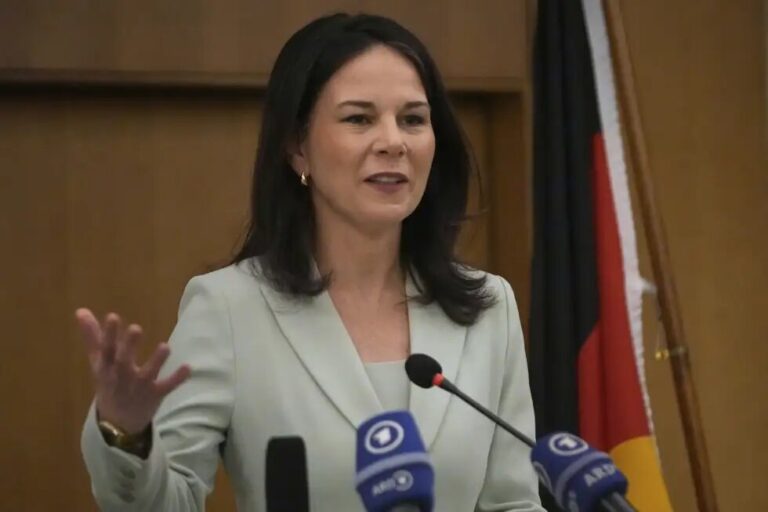Leader Appoints Naim Qassem as Key Representative in Lebanon: A Strategic Move
In a significant development for the Islamic community, the Leader of the Islamic Revolution, Ayatollah Seyyed Ali Khamenei, has appointed Sheikh Naim Qassem as his new representative in Lebanon. This change marks a pivotal moment in the leadership structure and reflects ongoing strategic adjustments within the region.
Sheikh Naim Qassem succeeds the late Martyr Sayyed Hassan Nasrallah, who previously held this esteemed position. This transition highlights the continuing influence and responsibilities of the Islamic Revolution’s leadership in Lebanon.
The appointment of Sheikh Naim Qassem is expected to shape the future of Islamic leadership and regional dynamics. Here are some key points regarding this significant change:
- Leadership Transition: Sheikh Naim Qassem takes over the role previously held by the revered Martyr Sayyed Hassan Nasrallah, who was known for his influential leadership.
- Strategic Importance: Lebanon plays a critical role in the broader geopolitical landscape, and this appointment underscores the Islamic Revolution’s commitment to maintaining its presence and influence in the region.
- Sheikh Naim Qassem’s Background: Known for his extensive experience and dedication, Sheikh Qassem is expected to continue the legacy of his predecessor while bringing his unique perspective to the role.
Sheikh Naim Qassem is a well-respected figure within the Islamic community and has been actively involved in various initiatives aimed at fostering unity and resilience among Muslims in Lebanon. His appointment is seen as a strategic move aimed at reinforcing the ideological and operational framework established by the Islamic Revolution.
In terms of vision, Sheikh Qassem is likely to focus on several key areas:
- Strengthening Community Ties: Emphasizing the importance of unity among the Islamic community in Lebanon.
- Advocating for Justice: Continuing the fight for social justice and the rights of the oppressed in the region.
- Enhancing Regional Cooperation: Promoting collaboration with other Islamic nations to address common challenges.
As the new representative, Sheikh Naim Qassem faces numerous challenges, including addressing the ongoing political and economic crises in Lebanon. His leadership will be crucial in navigating these turbulent waters while maintaining the core values of the Islamic Revolution.
The legacy of Martyr Sayyed Hassan Nasrallah will undoubtedly loom large as Sheikh Qassem steps into his new role. Nasrallah was not only a leader but a symbol of resistance and resilience against external pressures. Sheikh Qassem’s ability to honor this legacy while introducing new strategies will be pivotal for the Islamic community’s future in Lebanon.
In conclusion, the appointment of Sheikh Naim Qassem as the representative of the Leader of the Islamic Revolution in Lebanon marks a significant turning point. With a focus on unity, justice, and regional cooperation, his leadership is poised to influence the Islamic community profoundly. As Lebanon navigates its complex challenges, the strategic vision and actions of Sheikh Qassem will be closely watched by many within the Islamic world.
This change in leadership reflects the dynamic nature of the region’s politics and the ongoing commitment of the Islamic Revolution to its principles and followers. The impact of Sheikh Naim Qassem’s appointment will be felt not only in Lebanon but throughout the Islamic community globally.






